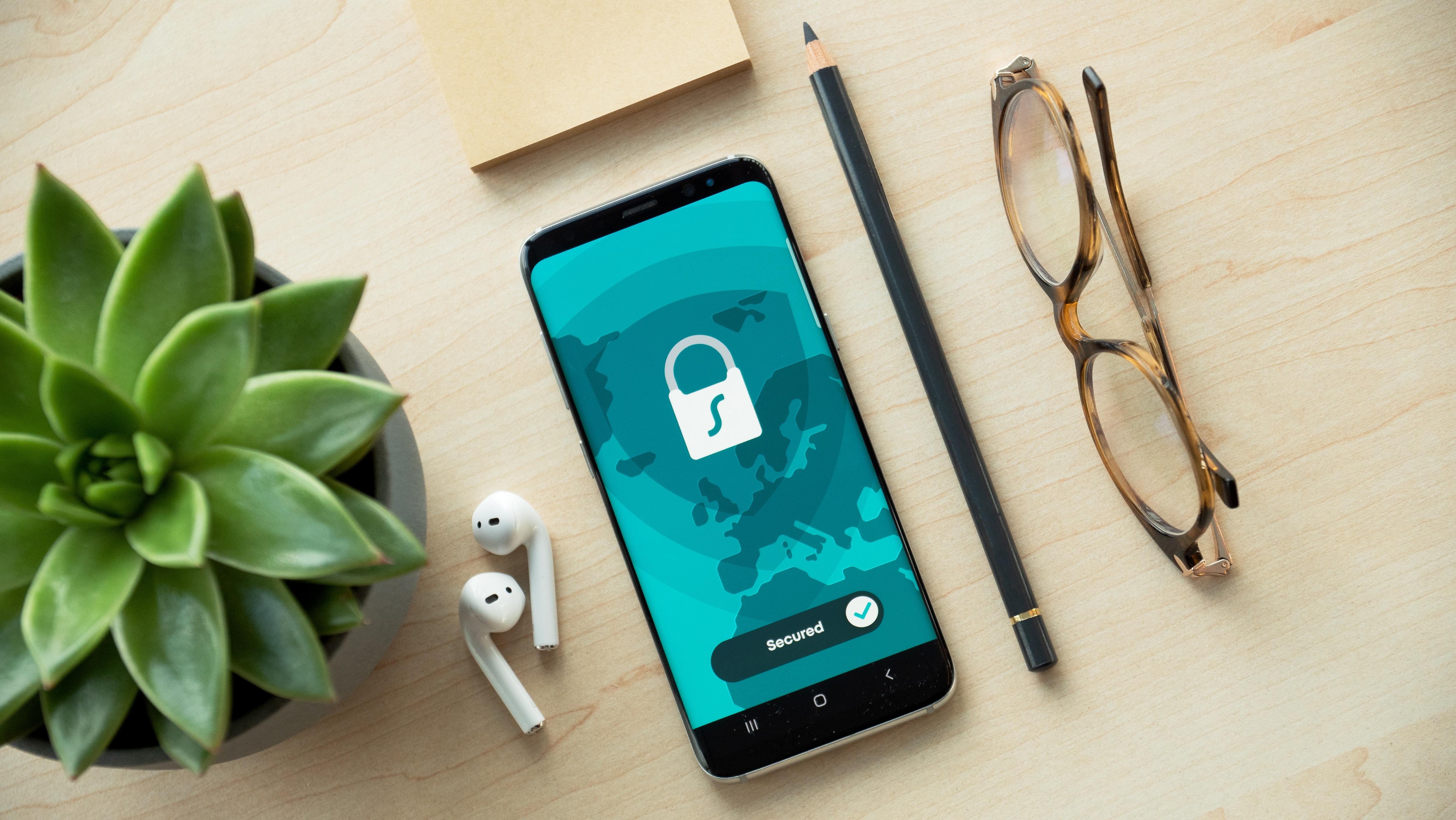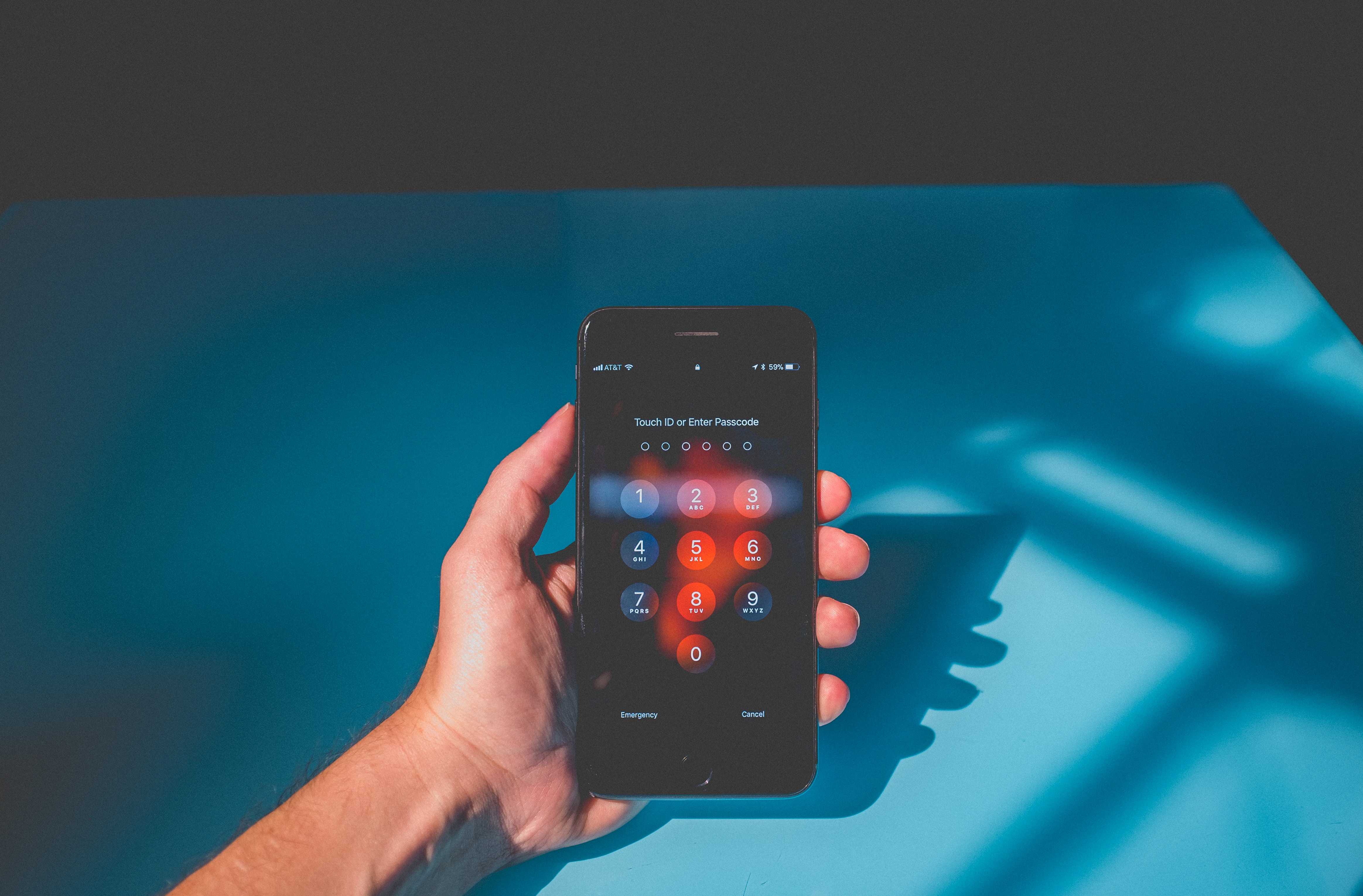Beware! This Facebook scam can lock you out of your account; just DON'T do this
There is a dangerous Facebook scam spreading rapidly and users are being warned about its dangers. It can even lock users out of their accounts. How does it work? Know here.







 View all Images
View all ImagesThe news of a death can have a devastating impact on anyone! But scammers are stooping so low that they are using even these emotional tactics against Facebook users. This fraudulent scam is rapidly spreading on Facebook, infiltrating users' accounts and sending messages to their contacts. A message labelled "Look who died" is transmitted to users, accompanied by a link that looks to direct them to a new article page detailing the individual's demise. Once you tap on that link, you can lose control of your Facebook account.
As per the cybersecurity firm DataProt, this scam known as the "Look who died" scam is presently circulating across Facebook. Similar to other phishing scams, this particular tactic exploits a sense of urgency to create the curiosity of users on the social media platform. Know how this scam works and what harm it can cause.
How does this Facebook scam work?
Facebook is a place where we keep sharing sensitive data such as photos and Messenger chats and even many of us use it for shopping. Needless to say, it has stored a lot of personal information about us. This is the reason why hackers are aiming to gain access to your Facebook account via the "Look who died" scam. The scam works by sending the victim a malicious link accompanied by the message "Look who died." Frequently, this message is transmitted from a previously infected friend's profile.
When you click the link and enter their Facebook login details, the individual unknowingly falls victim to both username and password theft, while also opening up their device to malware attacks. Later, the compromised profile memorializes the dissemination of the same link and message, all without the account owner's awareness.
Things to keep in mind to save yourself from scam
- If you fell for the "Look who died" Facebook message, then make sure that you're not locked out of your account. If you still have access to your Facebook account, change your password first.
- After changing the password, report this scam to Facebook.
- Also, ensure to navigate to the security settings and proceed to sign out of any locations or devices that are unfamiliar to you. Do the same with apps.
- Also, make sure to turn on two-factor authentication.
- Not just Facebook, but change your email password too and scan your device with anti-malware software
- One of the most important facts to note is that always be aware and don't tap on any links sent by people you do not know.
Catch all the Latest Tech News, Mobile News, Laptop News, Gaming news, Wearables News , How To News, also keep up with us on Whatsapp channel,Twitter, Facebook, Google News, and Instagram. For our latest videos, subscribe to our YouTube channel.


























